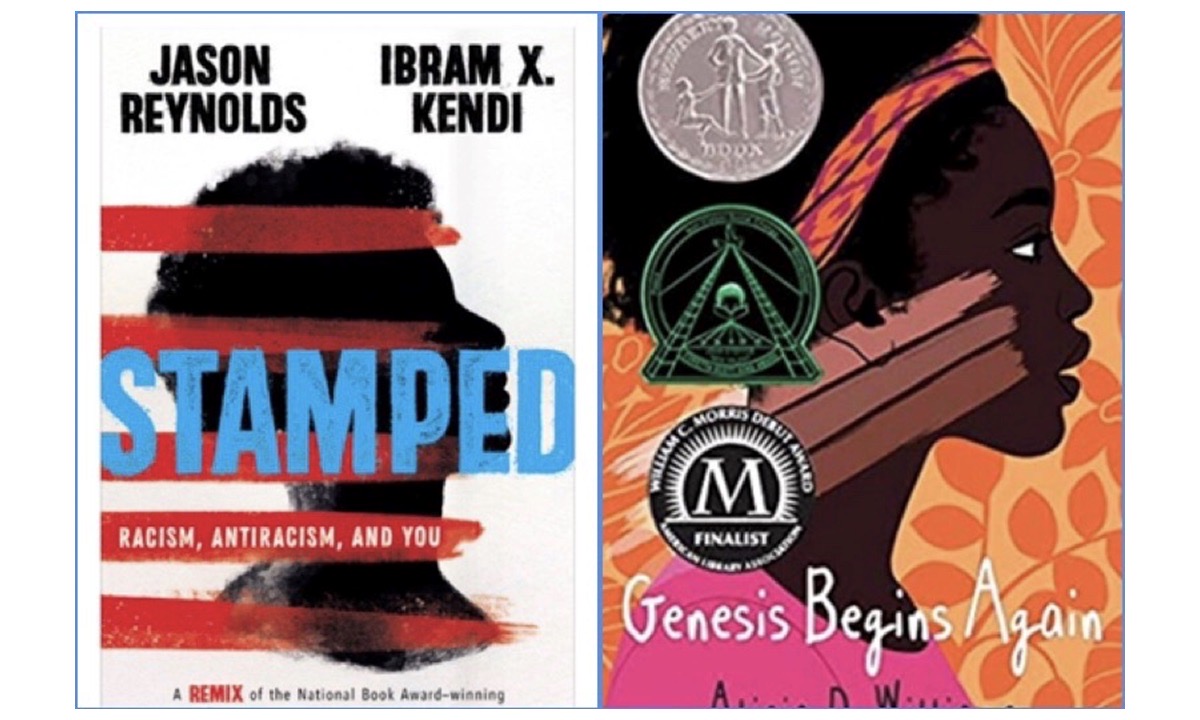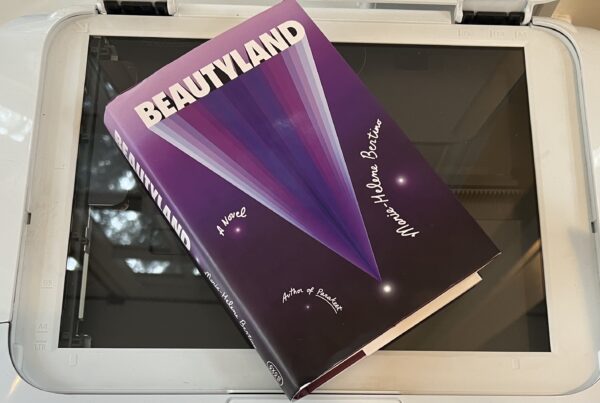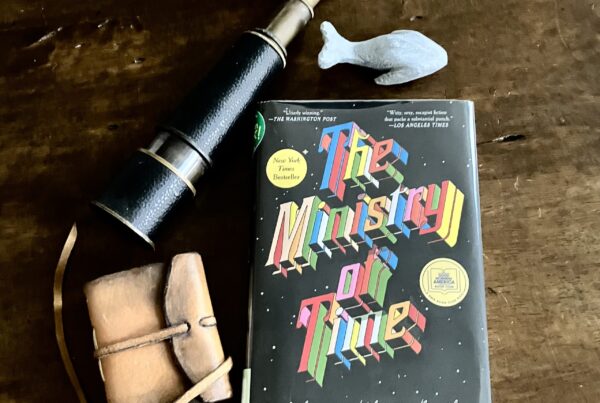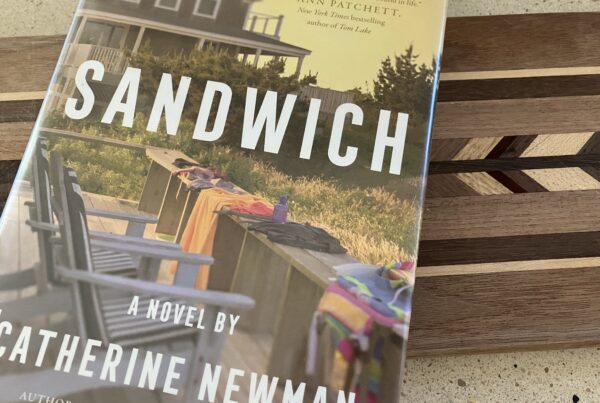As a school librarian, I believe in using books to teach empathy to children and teens. Reading about perspectives that are outside of our everyday lives encourages us to be curious, ask questions, and seek information about unknown worlds. I am also guided by the educational concept of “windows and mirrors,” the idea that educators need to be aware not only of who is in their classrooms but also who is in the stories they study. “Books are sometimes the only place where readers may meet people who are not like themselves, who offer alternative world views” (Tschida, Ryan and Ticknor, 2014).
When choosing books for young readers, it is essential to ask yourself whose voices are missing so that all children can see themselves in what they read. One good option is Genesis Begins Again, by Alicia Williams, featuring a young Black girl who hates 96 things about herself. She wishes she could change her appearance and how dependent she is on her father. Through Genesis’s story, Williams boldly asks readers to consider self-hatred and internalized racism. Genesis wants her skin to become lighter and she yearns to perform at her new school without feeling so self-conscious. Her dreams of singing on center stage and having her father think she is beautiful are haunting reminders of how she feels that she will never measure up to society’s ideas of beauty. Genesis Begins Again is a Newbery Honor Book and the winner of the Coretta Scott King-John Steptoe for New Talent Author Award.
Another extraordinary nonfiction book is Stamped: Racism, Antiracism, and You (A Remix of the National Book Award Winning Stamped from the Beginning) by Ibram Kendi and Jason Reynolds. Stamped describes how racism has been woven into American culture and institutions for centuries. I listened to the audio book adaptation and really appreciated hearing Reynolds’ voice. He details racist incidents throughout history and recommends ways that young people can be anti-racist. Together, Reynolds and Kendi argue that the average American fails to realize that racism is institutionalized in our country. They guide readers to question their sources of information and commit to becoming anti-racist in their daily lives.
Reading other people’s stories is one of the most important empathy building actions we can take. As Dr. Michelle Borba says, “the more effort we make trying to figure out a character’s intentions, emotions or thoughts, the greater the odds that our empathy muscles are stretched as well.”




